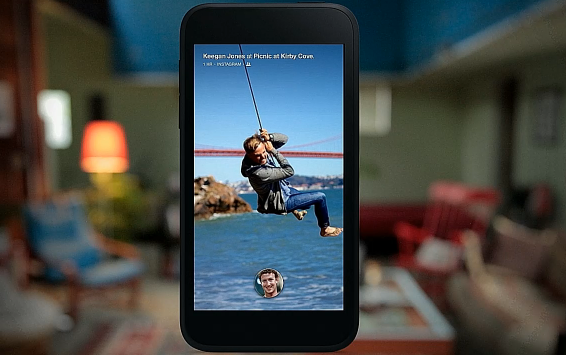Facebook is further looking to redefine the home experience. I say further because one billion people worldwide already have seen massive changes in their home life given the time they spend daily with the social network -- desktop users are on for an average of around 6 hours every month on Facebook, according to comScore. Mobile users are in the network for 11 hours.
CEO Mark Zuckerberg’s unveiling of Facebook Home was described as an opportunity to give mobile owners the ability to see the world through people instead of apps. This road has been traveled before – Windows Phone positions itself similarly. And it hasn’t been a home run for Microsoft.
Despite Facebook’s massive appeal and domination, it can be argued that home screens are best personalized through customization, not all Facebook all the time. Some want a Twitter feed, others want a quick path to LinkedIn, etc. I know I do.
Speaking of which, how long before the Twitter phone comes to market?
While obviously tremendously important, monetization of Facebook Home was not discussed in the formal presentation. Apparently afterward, company executives said that ads would be coming but not at launch. Wall Street surely has questions for Zuckerberg, as do marketers who would be ponying up budget.
Chat Heads is an interesting name for the messaging product given that the average age for a Facebook user is reportedly just above 30 years of age. Imagine the eye rolls when the young user hears Mom or Grandma self-described as a Chat Head.
Chat Heads work with both text messages and incoming Facebook messages and can be sent and received in-app. Cue the “traditional SMS is going to die” nonsense. If anything, this will make messaging more popular.
By the way, according to Arbitron and Edison Research, the most popular activities on smartphones are making or receiving calls (97 percent), followed by sending or receiving text messages (94 percent). Imagine that. Voice and text. Not apps, web, augmented reality, or the mobile wallet. Or being on Facebook.

